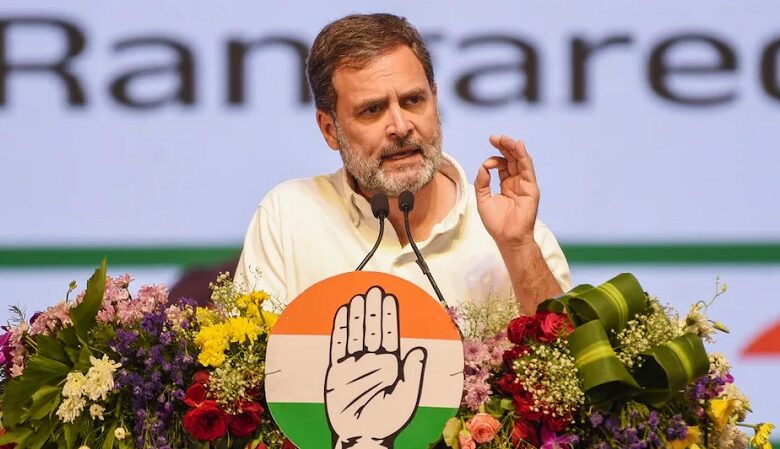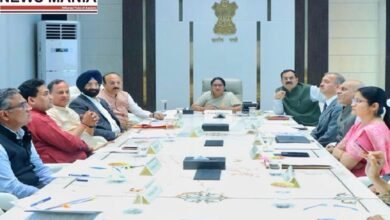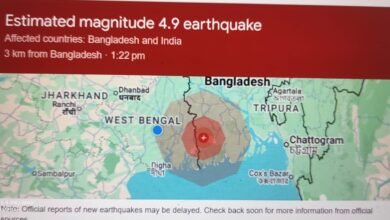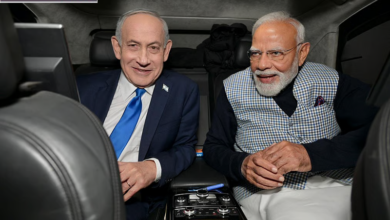Rahul Gandhi Criticizes PM Modi’s Alleged Favoritism towards Business Elite and Electoral Bond Controversy
The contrasting narratives presented by Rahul Gandhi, Narendra Modi, and PinarayiVijayan underscore the ideological divides and political strategies shaping India's electoral landscape.

In a scathing critique on April 16, Senior Congress leader Rahul Gandhi directed his ire at Prime Minister Narendra Modi, accusing him of favoring a select group of affluent businessmen in India. Gandhi’s remarks also targeted PM Modi’s handling of the contentious electoral bond issue, labeling it as a sophisticated form of coercion, with central agencies allegedly deployed to intimidate targeted business figures.
Gandhi highlighted the perceived intricacies of the electoral bond system, asserting that the involvement of agencies like the Enforcement Directorate (ED), Central Bureau of Investigation (CBI), and Income Tax department escalated the pressure on businessmen. He claimed that after rigorous interrogations, these agencies subtly suggested diverting business interests to entities favored by the ruling establishment, such as the Adani Group.
The Congress MP from Wayanad constituency emphasized the gravity of the situation, characterizing it as a means of leveraging state apparatus for the benefit of select industrialists. His remarks underscored broader concerns regarding the influence of money and power in shaping political dynamics, particularly during electoral processes.
In response, Prime Minister Narendra Modi launched a fierce verbal assault on the opposition coalition INDIA, framing the upcoming 2024 Lok Sabha election as a referendum on those opposing the government’s vision for a prosperous India. Modi accused opposition leaders, including those from the Rashtriya Janata Dal (RJD) and Congress, of engaging in political maneuvers that undermine the principles of the Indian Constitution.
Modi’s rhetoric sought to galvanize support by positioning the ruling Bharatiya Janata Party (BJP) as the standard-bearer of national unity and progress. He portrayed the election as an opportunity to thwart the efforts of detractors seeking to derail the country’s development agenda.
Meanwhile, Kerala Chief Minister PinarayiVijayan offered a rebuttal to Modi’s portrayal of Kerala as a state in decline during his recent campaign visit. Vijayan refuted the grim narrative by citing NITI Aayog findings that showcased Kerala’s achievements in various socio-economic indicators.
According to Vijayan, Kerala boasts the highest Physical Quality of Life Index (PQLI) in the country, along with the lowest poverty rates. He highlighted Kerala’s top rankings in sustainable development, housing, public health, climate change mitigation, and daily earnings, contrasting these achievements with the performance of BJP-ruled states like Uttar Pradesh.
Vijayan’s response aimed to challenge the narrative propagated by Modi, presenting Kerala as a beacon of progressive governance and social welfare initiatives. His remarks sought to reaffirm Kerala’s standing as a model for inclusive development, countering attempts to discredit the state’s achievements.
The contrasting narratives presented by Rahul Gandhi, Narendra Modi, and PinarayiVijayan underscore the ideological divides and political strategies shaping India’s electoral landscape. As the nation prepares for the 2024 Lok Sabha election, these competing narratives will influence voter perceptions and ultimately determine the course of India’s political future.






